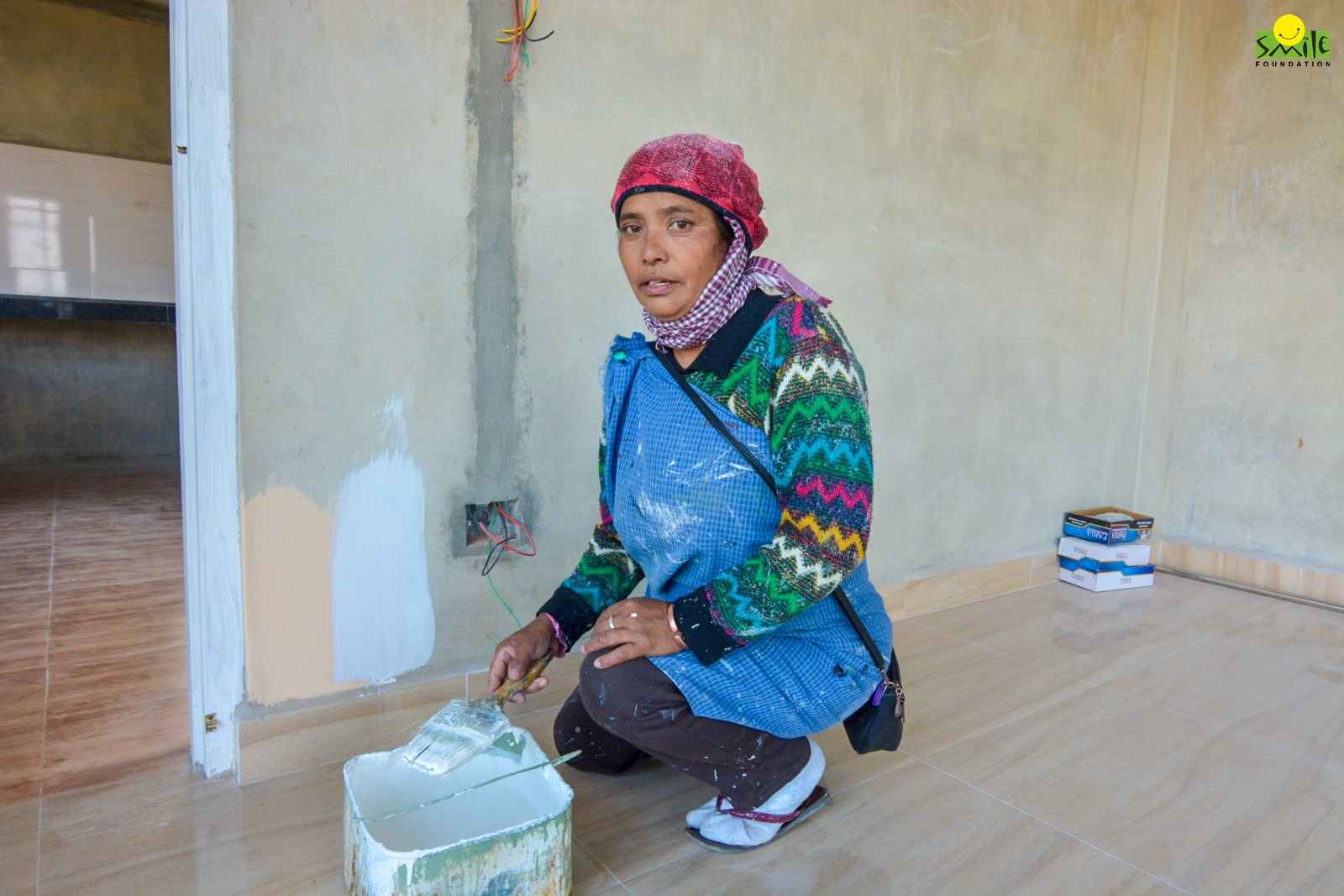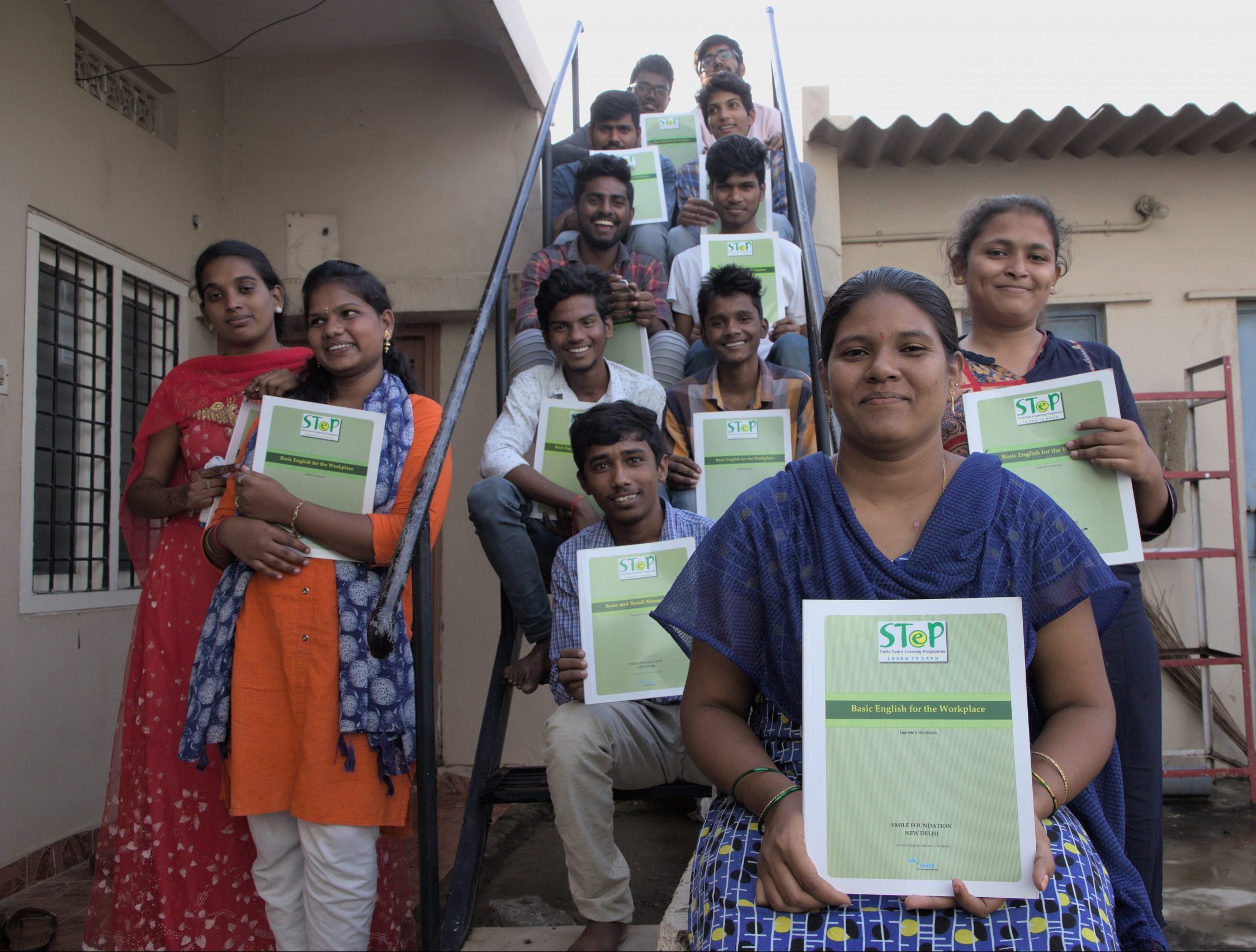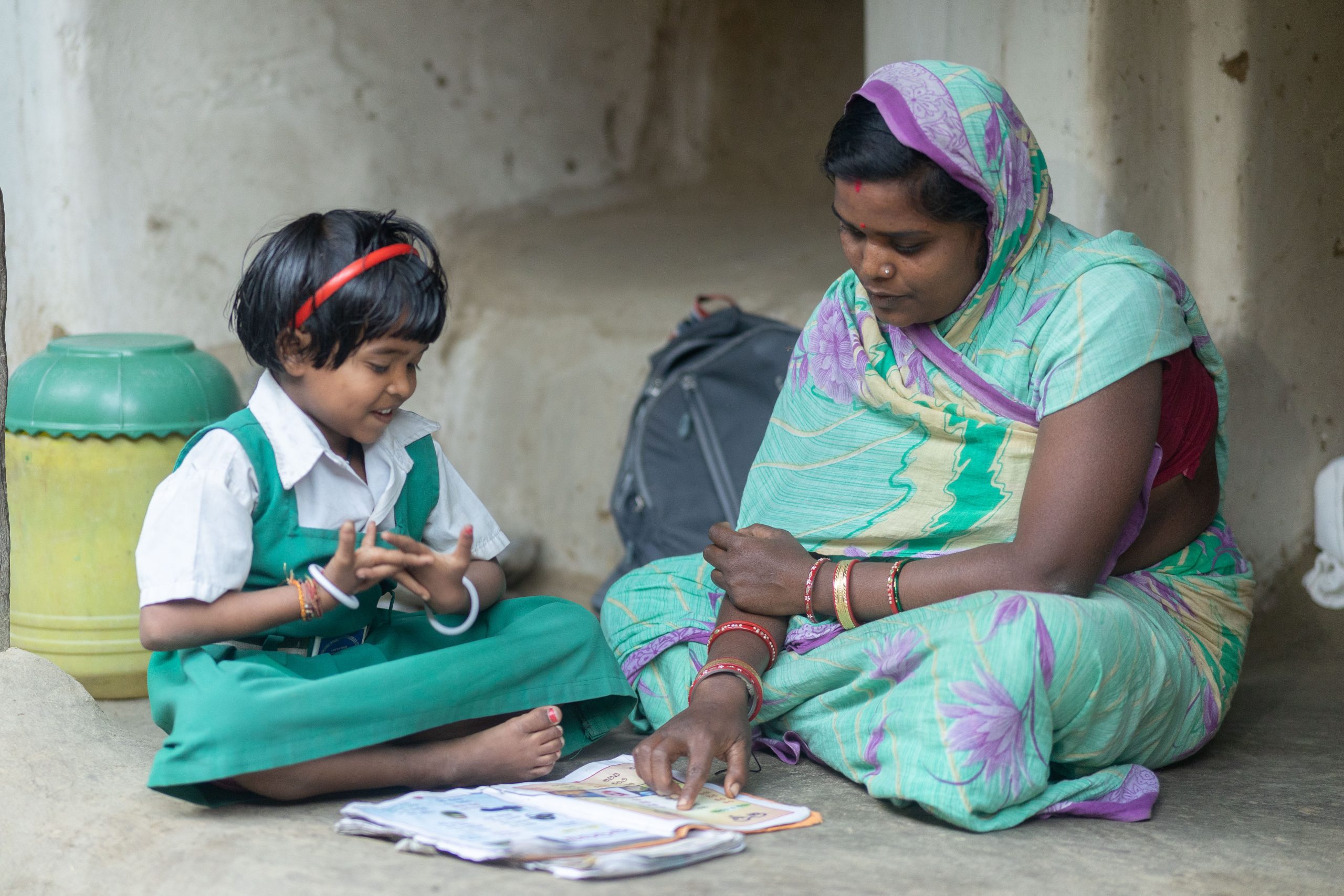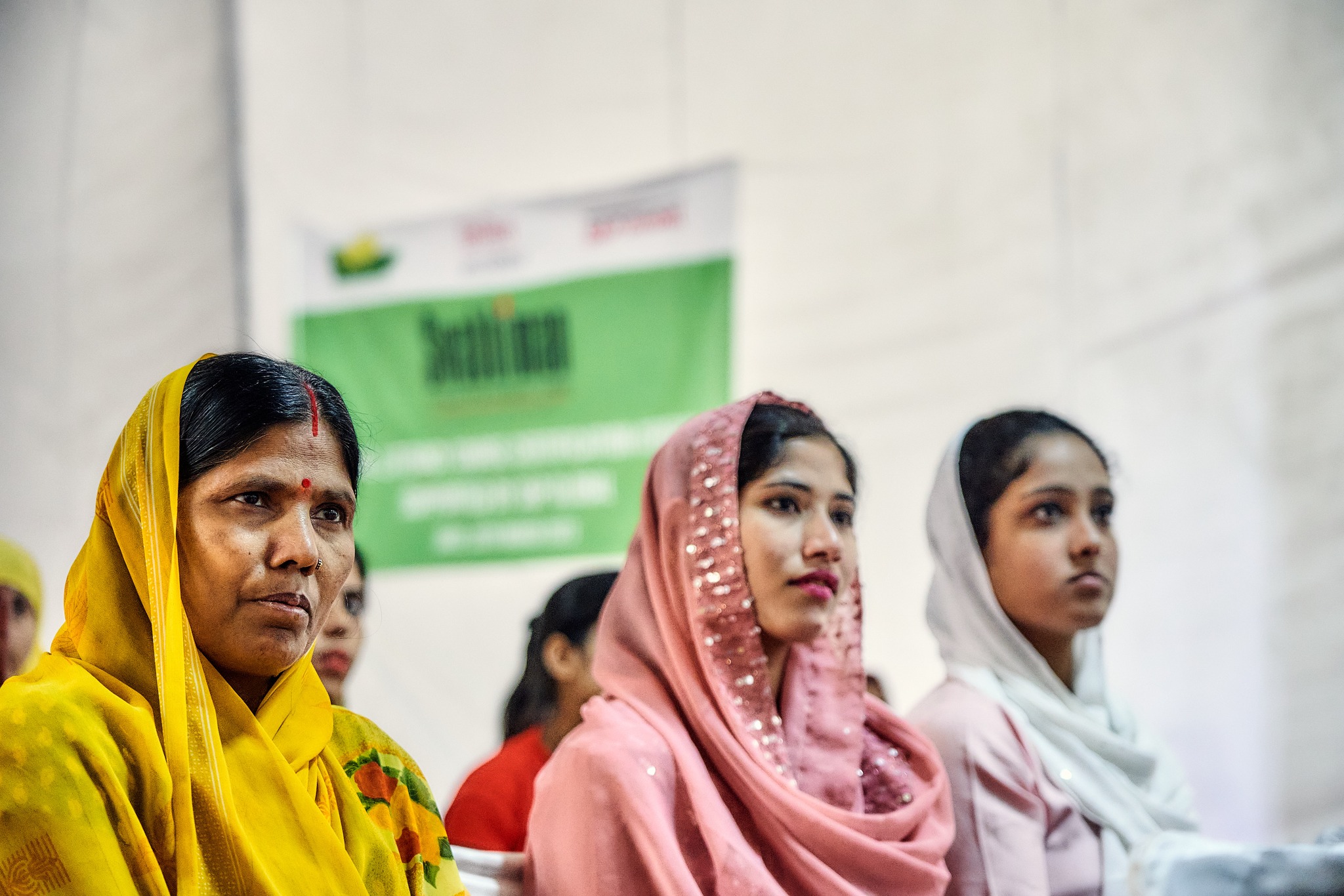The development of a country and the state of hunger and malnutrition in that country are directly related. This means that it is important to explore the significance of nutrition in economic and social development of an individual and the country.
Nutrition and development
The International Conference on Nutrition (ICN) was held in Rome in 1992. Here, the relationship between nutrition and human resource development was established and described. The Plan of Action developed at the conference stated that nutritional well-being of all people is a pre-condition for the development of societies and is a key objective of progress in human development.
The issue of nutrition
Till a few years back, being health-conscious meant eating a low-carb or low-sugar diet. Some foods that became popular as super foods were also considered as essential to being healthy.
A lack of essential nutrients in one’s diet is the main cause of mild to severe malnutrition. In India, there are a great number of facets to the problem of malnutrition. These range across sectors and factors. One has to look beyond stable and varied food supply to ensure good nutritional status.
A country’s political, economic, and social environment plays a critical role in the nutritional well-being of its people. Additionally, its institutional and delivery capacity also impact the nutritional status. Any country’s potential resources also affect the nutritional outcome. When the basic needs of a country’s citizens are not met, it leads to a potential loss in the development process.
The cost of malnutrition
There are wide-ranging social and economic impacts of nutritional disorders, both on individuals as well as society.
For instance, one of the effects of malnutrition is intellectual and developmental disability. A child with IDD has lower learning capacity, decreased productivity, and low income-earning capacity. This may become a burden for the family as well the state which has to support them. Having dependents increases the expenditure of individual households as well as the government.
Another example of such an impact is iron deficiency anemia in pregnant women. IDA affects not just the pregnant woman but also the child born who is born of a mother with such deficiencies. Newborn with iron deficiencies can face other related health problems, and so can the mother. Moreover, the new mother would not be able to care for the newborn either if her own condition is weak. Thus, IDA affects the potential growth and development of the next generation too.
Why we need to invest in nutrition?
Investing in nutrition is an important aspect of development. The efficient use of resources can ensure that the social and financial costs of malnutrition are averted. Moreover, health, education, and agriculture will also see improvement.
Benefits of good nutrition include good quality of life, increased productivity, and good economic returns. It leads to better performance of children in school and also helps build their cognitive ability. In adults, it can improve productivity and income substantially, resulting in a higher standard of living and overall improvement in the quality of life.
Studies such as this have pointed out in various ways why it is important to strengthen nutrition from a young age. Firstly, children suffering from malnutrition tend to receive less education. There are several possible reasons for this: their caregivers invest less in their education, schools are not equipped to cater to them, or perhaps their proneness to sickness increases their absenteeism from school. Secondly, due to malnutrition, some children might start their schooling at a later stage. Thus, they receive lesser amount of schooling. Additionally, malnutrition may also reduce learning capacity due to the impact on cognitive development.
Investing in nutrition has great productivity gains. These gains are enough to justify the economic investment made for this. There is a widespread belief that resources invested in nutrition programmes are wasted and can be better used elsewhere. This is a false assumption because nutrition has many economic and social benefits, as has been highlighted above. This means that the role of nutrition in social and economic development is vital.









